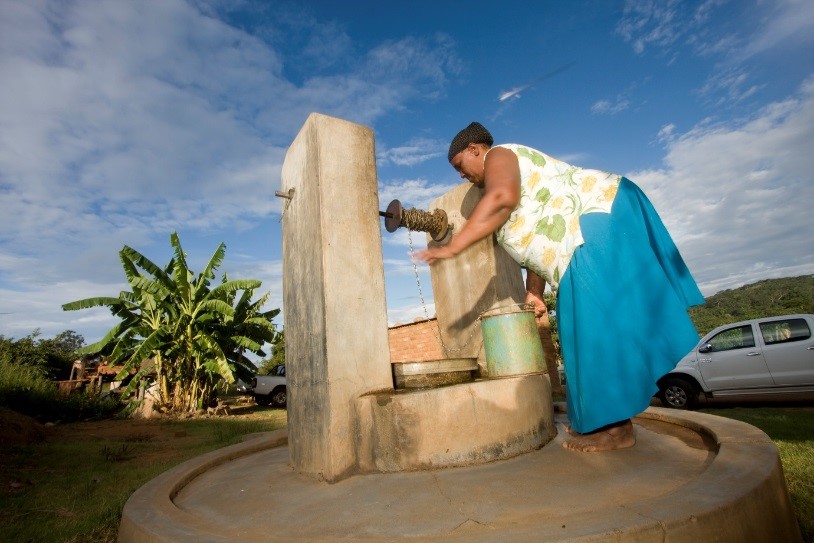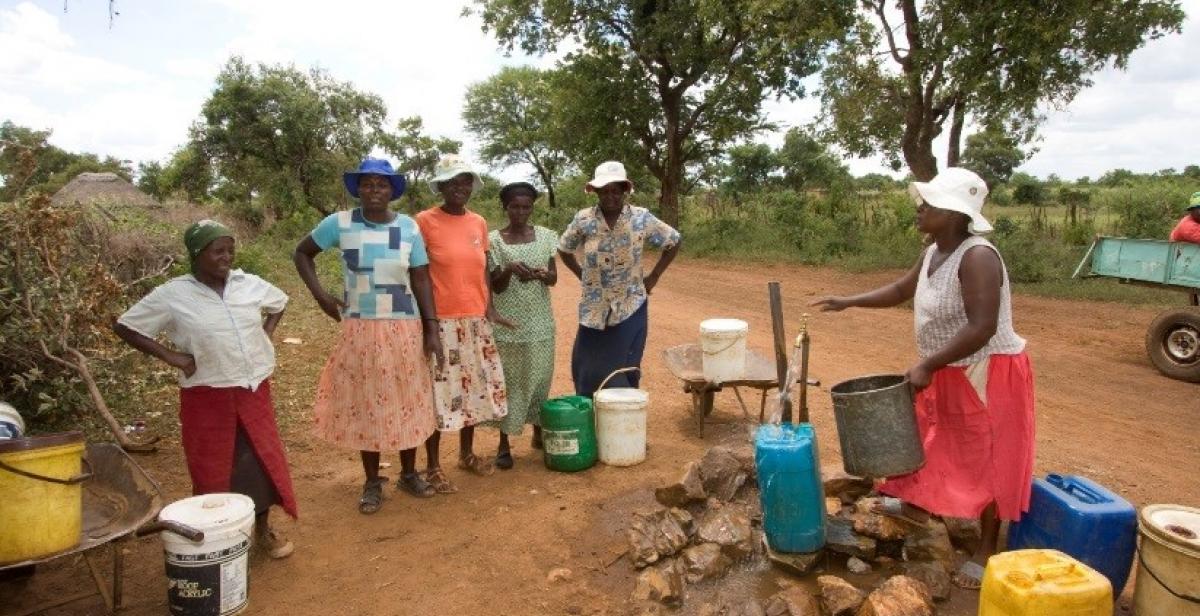Fiona Mwashita, Southern Africa Sub-Regional Manager for Progressio, describes how our Action for Better Governance Project is supporting communities to advocate for change.
Our Action for Better Governance pilot project in Zimbabwe, which we are working on with our local partner, the Zimbabwe Catholic Commission for Justice and Peace (CCJPZ), was so effective that it’s now progressed from working with ten parishes in two dioceses, to thirty parishes in two dioceses in Masvingo and Gweru.
Given that each Parish is a way into the community, our project will be able to reach a considerably higher level of community members now, especially because in each parish we work with all the community members in that area, regardless of what church or political party they are from.
The project ensures that women and disadvantaged community members, as well as the community itself, come together and participate in making decisions on issues that affect them. Through advocacy groups called reflex circles, people are able to learn about advocacy skills and their rights, with the support of CCJP staff and our Development Worker, who is an advocacy specialist. The reflex circles engage and dialogue with duty bearers and service providers, parliamentarians, traditional leaders, local councilors and chiefs, to ensure the prioritization of advocacy issues, as well as making sure that people in power work to improve the challenges the communities are facing.
As a result, people who wouldn’t usually be involved in decision making are able to empower themselves and demand to have their rights respected. For example, in Chachacha, during the pilot phase of the project, women were able to successfully lobby the local government to repair 120 boreholes, and now they no longer have to walk long distances to fetch water.

Some of the issues are also packaged into policy briefs and policy monographs, and then taken to different high level dialogue sessions, like in the parliamentary portfolio committees. In this way, parliamentarians get to know what is happening within their communities, and what is being demanded, so that their decisions can be made from an informed position.
The Action for Better Governance project has also been used as a peace building process, because in most of the areas where CCJP implemented this programme with the support of Progressio, there have been no reports of political violence.
A lot of women take positions in the circles, and many of them are in leadership positions. Of the 15 reflex circles over half of them are led by women. The fact that women are able to participate in the decision making processes in their communities, and for them to take on issues that are also related to women, is a really positive outcome for the project.



